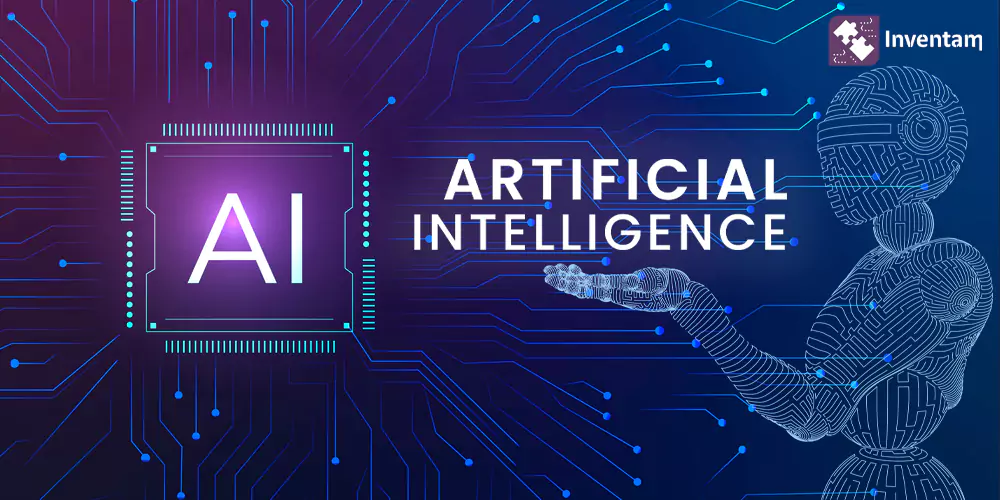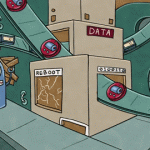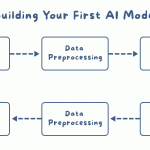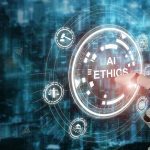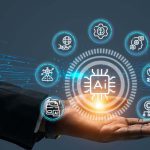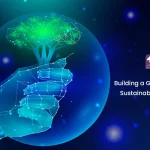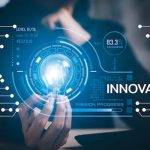Artificial Intelligence (AI) has already proven to be a valuable asset, contributing to increased productivity, efficiency, and societal development. Over the years, AI has undergone significant development and implementation changes, becoming a highly sought-after technology for companies. With its ability to automate tasks and replace human involvement, AI has emerged as the technology of the future.
As AI continues to evolve, it is poised to surpass human capabilities and make decisions beyond our comprehension. This paradigm shift will lead to improved success rates for companies leveraging these intelligent and adaptive technologies.
The advanced technology of AI and machine learning has also reduced the complexity of algorithms and overall computational complexity, resulting in cost and time savings.
What is Artificial Intelligence?
Artificial Intelligence (AI) refers to the ability of digital computers or computer-controlled robots to perform tasks typically associated with intelligent individuals. It encompasses the development of solutions with human-like cognitive functions such as reasoning, meaning discovery, generalization, and learning from past experiences. AI finds specific applications in areas like expert systems, natural language processing, speech recognition, machine vision, and more. It is a cutting-edge field of computer science that is set to shape numerous industries, including big data, robotics, and the Internet of Things, through the utilization of machine learning and deep learning algorithms. AI has transitioned from science fiction to reality within a short span of time, creating an AI-driven world that was once mere fiction.
Verticles AI will be able to serves:
- FinTech: AI is utilized for fraud detection, improving customer service, recognizing consumer needs, and automating financial transactions.
- E-commerce: AI will play a crucial role in automating warehousing and inventory, personalizing the shopping experience, and employing chatbots for customer support.
- HealthTech: AI is revolutionizing healthcare with faster and more accurate diagnoses, streamlined medication discovery, virtual nursing assistants, and personalized patient experiences.
- EdTech: AI is digitizing textbooks, providing virtual tutors, and analyzing students’ emotions to personalize the learning experience.
- Cybersecurity: AI is used to track security concerns, identify the source of cyberattacks, automate security operations, and protect data. However, there is a risk of malicious exploitation of AI for unethical purposes.
- Employment: AI is transforming the job market by automating hiring processes, assisting job seekers with resume creation, and matching talent with suitable positions. AI also has potential in manufacturing, banking, finance, entertainment, and other industries.
- AI in National Security: AI has defensive military applications, including detecting and neutralizing illegal software, enhancing warfighting capabilities, and reducing reliance on human resources.
In this decade, we can expect the following developments via AI/ML:
- AI and ML will revolutionize the scientific method by enabling the analysis of massive data sets, discovering complex relationships, and enhancing human intellect in research.
- AI will become a crucial aspect of foreign policy, with governments investing significantly in AI innovation to maintain economic strength and geopolitical leadership.
- AI will enable next-generation consumer experiences, bridging the gap between the digital and physical realms, such as the metaverse and cryptocurrencies.
- Addressing the climate crisis will rely on AI, utilizing prediction markets, risk modeling, and real-time data analysis to develop effective solutions.
- AI will enable truly personalized medicine by synthesizing personalized treatment modalities, analyzing vast amounts of health data, and reducing health disparities.
Gradually, AI will become an integral part of our daily lives and inseparable from our day-to-day jobs. The key challenge lies in finding the right balance between human and machine interdependency, paving the way for a better future.

